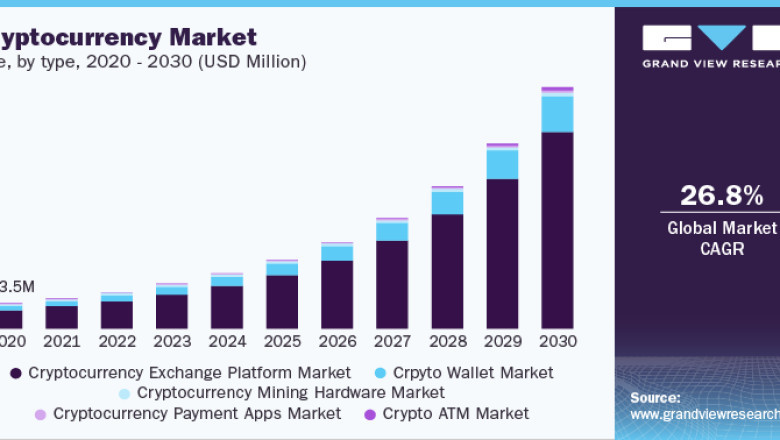The Reserve Bank of India (RBI) on Thursday opted to leave its benchmark repo rate unchanged at 6.5%, citing the need to monitor how previous monetary policy committee actions are impacting the financial markets.The decision, however, does not mean that the RBI has strongly pivoted to pausing rate hike cycle, stresssed RBI Governor Shaktikanta Das.Edited excerpts from the post-policy media interaction with Governor Das and Deputy Governors Michael Patra, M Rajeshwar Rao and T Rabi Sankar.Are we seeing the beginning of decoupling of RBI’s actions with US Fed?Das: It has never been so.For some reasons, sections of markets have been seeing it that way and repeatedly I have been stressing that our monetary policy is determined primarily by domestic factors.Therefore, we were never really coupled with US Fed action and it is for you to really interpret.Will 6.5% be the terminal repo rate or markets should take your comments seriously on not pivoting yet to a pause?Das: I think everyone should take seriously what I have said.I just now said it is a pause, not a pivot and the MPC stands ready to act should the situation so warrant in the future meetings, so I think banks and others can draw their own inferences but it would be better if they take our words seriously and I think they do, and accordingly price in their future actions.Are we seeing interest of foreign countries in rupee trade?Rabi Sankar: We are seeing interest on rupee internationalisation.Volumes are not picking up as much but those are teething issues that needed to be worked out.The number of countries from which interest is coming is gradually increasing, the number of banks with whom accounts have opened are gradually increasing…initial process is on and encouraging.
These are long-term objectives and we have to build towards that.We are seeing a lot of official interest on this, other central banks and governments are taking note of this and trying to talk and explore opportunities.Is the RBI considering directing banks to make additional provisions for large corporate accounts?Rao: Banks are required to make provision for expected losses and for standard assets they are required to make additional provisions based on their own ability.
That is something we have already conveyed to them and there is no change in what we have prescribed on that particular issue.There were renewed concerns over viability of AT-1 bonds post-Credit Suisse crisis.Has the RBI provided any guidance to lenders on issuance of such bonds?Das: The AT-1 bond ecosystem remains quite robust and stable in India.It is a part of Basel-III regulations and we have adopted that in our country also.When the banks market AT-1 bonds, terms and conditions are given out, and the investors are expected to read the terms and conditions and if you see by and large, large number of investors of AT-1 bonds are high net worth individuals.Will the 4% inflation rate be met in FY25?Patra: The RBI forecasts are formulated with all information that we receive and we do inflation forecast targeting.In the next round of our review, we will factor in the impact of today’s move.
The move so far has started to show impact.
As you can see credit is slowing and rate-sensitive sectors are already showing the impact of MPC actions.As we progress with this cumulative action, it is possible that the forecast path would change towards the 4% target which we hope, and that is what we will review in next meeting.The baseline forecast suggest that inflation will reach 5.2% by the end of this year, in absence of today’s action.Cumulative past actions will continue to play through and today’s decision will also play a role, so it may change path of the inflation rate in the next meeting.What would be the key topics of discussion by the RBI in upcoming IMF, World Bank spring meeting in US?Das: The spring meeting of the IMF will be preceded by the G20 meetings of finance ministers and central bank governors.We have highlighted and stressed our priorities in the last meeting of the finance ministers and central bank governors, taking into account developments which have occurred in the intervening period and some legacy issues which are persisting from previous presidencies.
Broadly, we will discuss the following points: Recent incident of stress in banking sector in the USA and Switzerland, making non-banking financial intermediaries more resilient, financial risks from climate change and the need for climate finance, macro financial risk from crypto assets or crypto currencies, managing risk from third party dependencies, including big tech and fintechs, enhancing cross border payments and better reporting of cyber incidents and eight, issues relating to financial inclusion..
